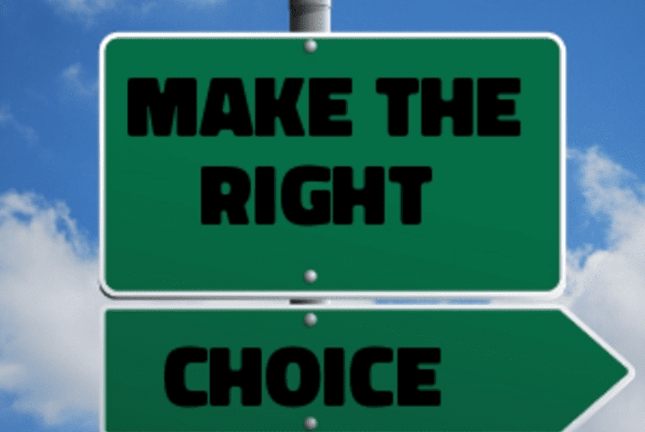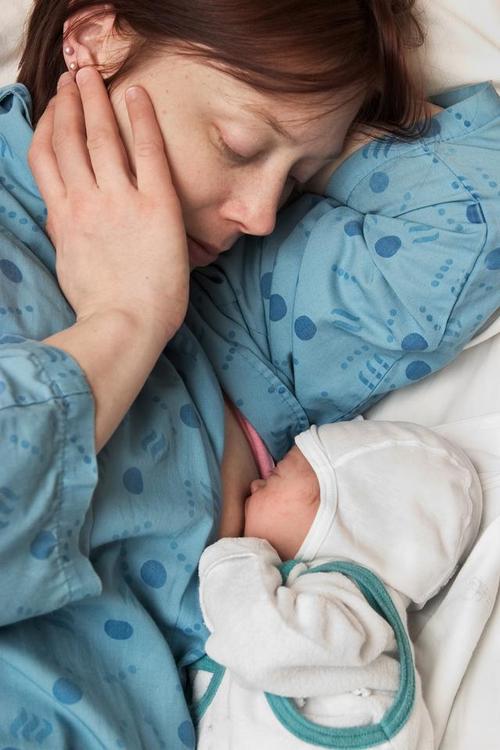Is Life a Choice or a Chance? Exploring the Interplay Between Free Will and Fate

Life is a complex and multifaceted phenomenon that has puzzled philosophers, scientists, and ordinary people for centuries. One of the most fundamental questions about life is whether it is a matter of choice or chance. In other words, do we have free will to shape our destiny, or are we subject to the whims of fate and circumstance? This question has no easy answer, as it involves a complex interplay between various factors, including biology, psychology, culture, and environment. In this blog post, we will explore this question from different angles and try to shed some light on this perennial mystery.
At the heart of the debate about free will versus determinism lies the question of whether we are in control of our thoughts, feelings, and actions, or whether they are determined by external factors such as genes, upbringing, or social norms. Some argue that we have complete freedom to choose our path in life, while others claim that our choices are constrained by various factors beyond our control. For example, some studies suggest that our genes play a significant role in shaping our personality, intelligence, and behavior, while others emphasize the importance of environmental factors such as parenting, education, and culture.
However, the debate about free will and determinism is not just a matter of scientific inquiry, but also a philosophical and ethical one. If we assume that life is purely a matter of chance, then we might be tempted to adopt a fatalistic attitude and resign ourselves to whatever fate has in store for us. On the other hand, if we believe that we have free will, then we might feel empowered to take charge of our lives and strive for self-improvement and personal growth. Moreover, the question of free will has important implications for moral responsibility, as it raises the question of whether we can be held accountable for our actions if they are determined by factors beyond our control.
Despite the complexity of the debate about free will and determinism, there are some practical implications that we can draw from it. For example, if we assume that we have some degree of control over our lives, then we might be more motivated to set goals, make plans, and take action to achieve them. Conversely, if we believe that our fate is predetermined, then we might be more passive and fatalistic in our approach to life. Moreover, the question of free will has important implications for mental health, as it can affect our sense of agency, autonomy, and self-esteem.
In conclusion, the question of whether life is a choice or a chance is a complex and multifaceted one that has no easy answer. While there is evidence to support both sides of the debate, it is ultimately a matter of personal belief and perspective. However, regardless of our stance on this issue, it is important to remember that we have the power to shape our lives to some extent, and that our choices and actions can make a difference in the world. Whether we believe in free will or determinism, we can still strive to live a meaningful and fulfilling life.





